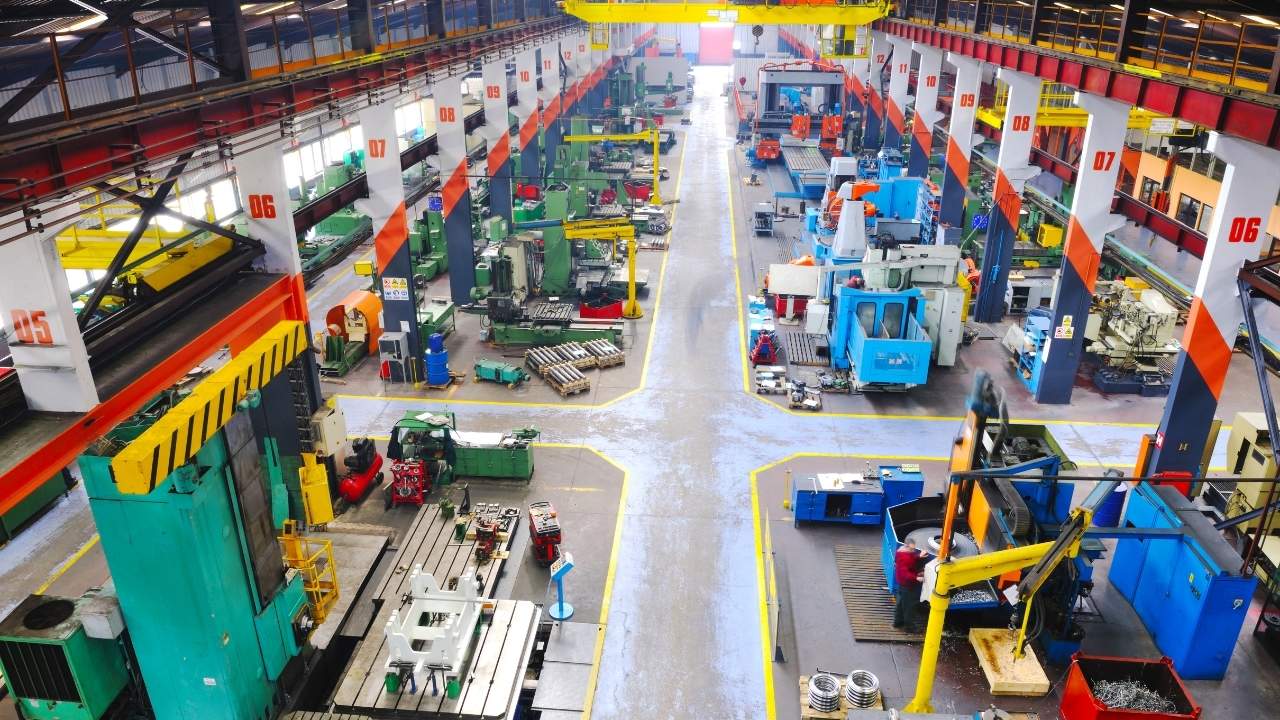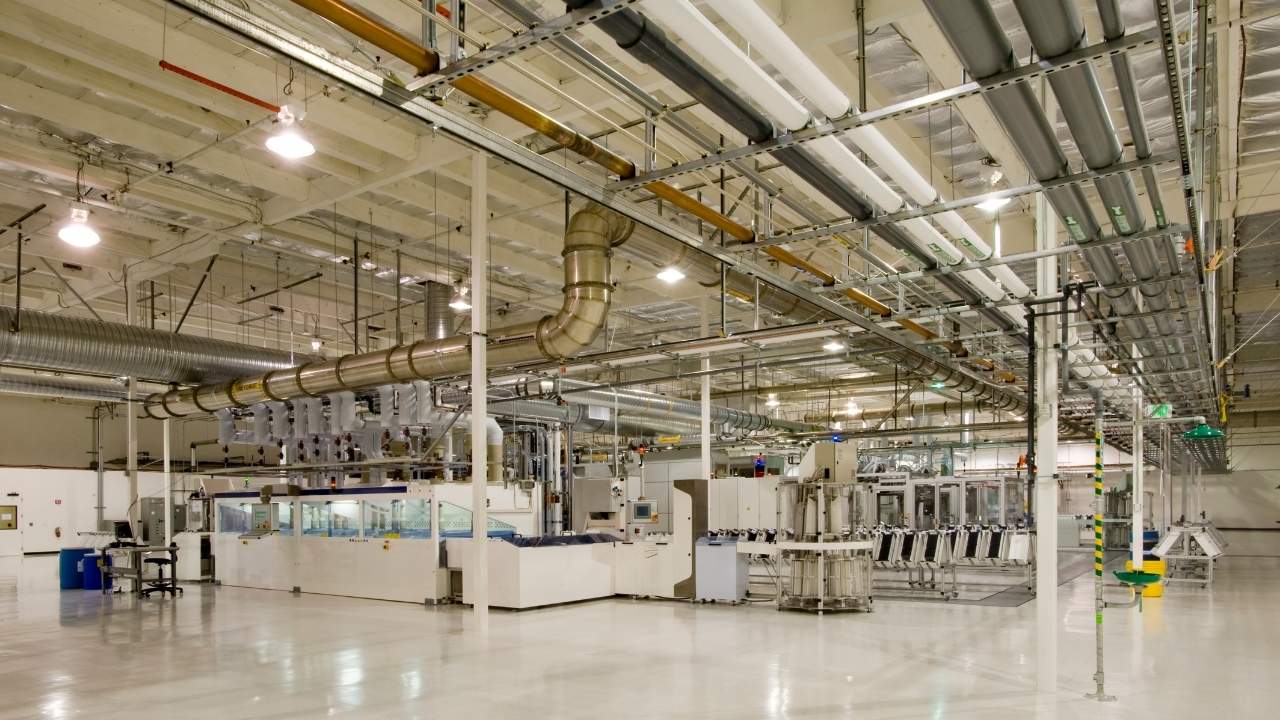Upgrade from Error-Prone Spreadsheets to ERP for Accurate Inventory Insights
Managing inventory is a crucial task for businesses dealing with physical products. However, relying solely on spreadsheets for inventory control comes with numerous pitfalls – from data inaccuracies to lack of real-time visibility. As businesses scale up, these limitations become severely pronounced, hampering growth and efficiency.
Upgrading to a modern ERP (Enterprise Resource Planning) system specifically built for inventory management addresses these spreadsheet challenges. With automated processes, real-time data, and cross-functional integration, ERP helps inventory-heavy businesses enhance accuracy, cut costs, and keep up with demand. This article explores why it’s imperative, not just a choice, for such businesses to upgrade from makeshift spreadsheets to integrated ERPs.
Why Spreadsheets Fall Short for Complex Inventory Management
Spreadsheets served inventory planning well in the past when operations were simple. Spreadsheets can handle basic inventory workflows in small businesses. However exponential growth in SKUs, transactions, users, and locations rapidly overwhelms makeshift Excel-based systems.
1. Inventory Inaccuracy and Stockouts
With spreadsheets, there is no real-time tracking of inventory movements across multiple warehouses. Staff must manually update dozens of disconnected files leading to data lags.
Such a lack of visibility into actual stock positions makes it impossible to prevent stockouts. Sudden demand spikes can wipe out inventory without warning. Equally, excess stock builds up undetected. Companies hence suffer lost sales or pay unnecessary carrying costs.
An ERP system resolves this by seamlessly integrating inventory data across locations. Automatic POS and warehouse transfers provide HQ with real-time visibility into true stock levels across the supply chain.
Multi-location inventory is synchronized in a single dashboard. Alerts trigger for predefined minimums. This enables smart just-in-time replenishments preventing costly out-of-stocks.
2. Supply Chain Blind Spots
Coordinating global multi-tier supply chains requires an interconnected system. Isolated spreadsheets cannot provide the holistic visibility needed into orders, shipments, delayed deliveries, bills, etc.
Lack of cross-functional data sharing hampers communication between departments. Sales teams may promise unrealistic delivery dates. Production plans using flawed data. Purchase managers cannot track real-time supplier performance.
Such blind spots erode supply chain efficiency, leading to poor customer service.
ERP systems seamlessly bridge information gaps between logistics, manufacturing, purchasing, accounting etc. Real-time data sharing improves cross-departmental synchronization. Issues get addressed proactively before impacting customer deliveries.
3. Manual Processes and Human Errors
Maintaining thousands of SKUs daily in spreadsheets requires repetitive manual work. Increasing inventory volumes make this unscalable. Copying data between files and re-entering transactions consumes staff bandwidth and inevitably causes errors.
Such mistakes get undetected for days, creating huge mismatches between reported and actual inventory. Reconciling and locating errors in mountains of data can take weeks, leading to account inaccuracies, audit issues, and unreliable demand forecasts. Even a single errant batch update can corrupt tons of historical data.
Robust ERP systems minimize manual processes through workflow automation. Bulk data imports, automated identification, validated entries, and exception reporting reduce human errors. Auto-reconciliation of discrepancies provides accurate perpetual inventory visibility. This saves countless man-hours while optimizing reliability.
4. Limited Analytics and Insights
Inventory decisions require analyzing metrics like historical demand patterns, sales seasonality, spoilage rates, etc. Spreadsheets have limited reporting capabilities for deriving such intelligence.
The lack of real-time data also restricts dynamic decision-making. With outdated Excel reports, managers cannot detect emerging trends, stock variances, supplier issues, etc. Inventory planning relies solely on intuition rather than data-driven insights.
Modern ERP platforms ingest real-time inventory data across the entire supply chain. Powerful analytics, insightful dashboards, and interactive reports provide visibility into patterns, exceptions, etc enabling data-driven forecasting and planning.
Sophisticated machine learning algorithms can even prescribe recommended stock reorder levels, transfer quantities etc optimizing future inventory positions. Such intelligence minimizes excesses or shortages.
5. Compliance and Security Risks
Stringent quality mandates like FSMA require diligent inventory traceability and batch/lot tracking. Detailed genealogy of suppliers, raw material batches, WIP stages, etc must be documented.
Such compliance requirements become challenging with makeshift spreadsheets. Disparate files make tracing batch histories difficult. Lack of sequential logging enables fraud like duplicate batch IDs, unrecorded scrap etc going undetected.
ERP systems ensure compliance by maintaining unified batch/lot histories across the system accessible anytime for audits. Sequential event logging prevents duplication or suppression. System access controls and user audit trails improve security.
Why Modern ERP Systems are Vital for Inventory Optimization
As discussed upgrading to an integrated ERP platform is crucial for inventory-focused businesses to stay competitive. Legacy systems cannot handle the data volumes, transaction complexity, and pace of modern supply chains.
ERP systems overcome spreadsheet limitations through:
- Real-time multi-location inventory visibility
- Advanced forecasting and analytics
- Automated processes and tracking
- Cross-department and supplier collaboration
- Custom reporting and dashboards
- Ease of scalability and integration
- Mobility and accessibility
- Regulatory compliance
- Higher data accuracy
- Improved inventory accountability
Modern ERP systems are designed to handle complex inventory environments. Packed with specialized functionality for inventory control, ERPs optimize stock planning, storage, and movement. Core capabilities include:
-
Accuracy and Data Integrity
ERPs minimize manual entries through barcode scanning and IoT-based data capture. Transactions get instantly recorded for real-time visibility across the system. Inbuilt validations also prevent incorrect data entry.
With data consistency across integrated modules, ERP improves inventory accuracy over error-prone spreadsheets. Readily available stock reports also facilitate audits.
-
Flexibility and Scalability
Cloud-based ERPs offer unlimited and elastic capacity to accommodate inventory growth. The modular architecture also allows starting small with core inventory management functions and expanding capabilities as the business scales up.
Unlike rigid spreadsheets, feature-rich ERPs adapt to changing inventory needs. The configurable platform can model complex BOMs, multi-warehouse operations, serialized tracking, and more with ease.
-
End-to-End Integration
ERP breaks departmental silos by interlinking inventory planning with sales orders, purchasing, manufacturing, accounting, etc. Automatic data sharing replaces tedious manual efforts.
By bridging information gaps, ERPs enable data-driven decisions. When sales or production consume stocks, the system triggers replenishment workflows. Stocks also get valued and accounted for accurately.
-
Analytics for Optimization
Inventory dashboards with KPIs like stock turn, weeks of supply, dead stock percentage, etc. provide actionable insights. ERP analytics leverages historical patterns and demand forecasts to guide optimization.
Capabilities like ABC analysis, cycle counting policies, and dynamic reorder configurations help maximize inventory turns and minimize waste.
The Path to Inventory Management Success with ERP
Upgrading to ERP is a strategic investment that pays rich dividends. With a well-implemented inventory management system, businesses can realize:
- Cost savings through lower write-offs and storage costs
- Higher revenues by improving order fill rates and avoiding stockouts
- Faster processing and fewer errors by eliminating manual processes
- Better customer service and retention through accurate order promising
- Increased sales opportunities by responding quickly to demand peaks
Small growing businesses also get future-proof operations. With a scalable system, inventory management can smoothly evolve from basic to advanced. Rather than just fixing immediate problems, ERP equips businesses for long-term growth.
Future-Proof Inventory Operations with ERP
ERP implementation is not a one-and-done project but rather a long-term growth strategy. Modern cloud-based systems provide easy access to emerging technologies so that inventory leaders can continuously adapt to market changes such as:
- Using machine learning algorithms to achieve over 85% forecast accuracy and near-perfect order fulfillment rates.
- Incorporating sensor data from IoT devices to track inventory in real-time across the supply chain.
- Performing rapid scenario simulations to assess the business impact of supply chain disruptions.
- Utilizing mobile devices to enable cycle counting, picking, and stock management on the go.
- Syncing inventory data across channels to provide accurate promise dates and prevent overselling.
Industry studies reveal that ERP adoption is growing over 10% annually as companies recognize the value of leveraging new technologies to build resilient operations. Inventory-centric businesses that cling to outdated spreadsheets will rapidly fall behind more nimble competitors.
Compliance and Traceability with ERP Systems
By providing detailed tracking of inventory events like receipts, issues, adjustments, transfers etc., ERP systems ensure full compliance with regulations mandating lot traceability and recall readiness. Robust reporting also simplifies audits. Additional capabilities like:
- Serial/lot number control
- Batch pedigree tracking
- Expiry date monitoring
- Quarantine order processing
Further reinforce quality, safety, and compliance across the end-to-end supply chain. By upgrading from spreadsheets to ERP systems, businesses can confidently achieve certification and protect their brand reputation even as regulatory pressures increase globally.
Breakthrough Inventory Management Capabilities
Legacy spreadsheet-based processes simply cannot match modern ERP systems in efficiently managing high-volume or complex inventory scenarios such as:
- Omnichannel fulfillment: ERPs seamlessly integrate inventory data across physical stores, websites, mobile apps, etc. ensuring consistent visibility and preventing overselling.
- Drop shipping: ERPs can automatically route orders to third-party suppliers for direct fulfillment to customers. Useful for managing marketplace seller networks.
- Manufacturing and assembly: ERP work order management integrates production schedules with inventory availability ensuring smooth flow of raw material to finished goods.
- Procurement optimization: ERP analyzes supply forecasts, lead times, pricing breaks, etc. across multiple vendors so buyers can make data-driven decisions.
By leveraging such advanced capabilities, inventory leaders can drive greater operational efficiency and responsiveness across distributed supply chains.
The Bottom Line: Spreadsheets Cannot Scale
Inventory tracking in spreadsheets served its purpose in earlier years but increasing complexity has exposed severe limitations like fragmentation, inaccurate snapshots, manual processes, and lack of visibility. Today’s omni-channel, global business environment demands agile systems and real-time data to optimize inventory planning.
Versa Cloud ERP is a fully scalable, cloud-based solution tailored for manufacturing and distribution companies. Its comprehensive inventory management module supports processes across procurement, warehousing, production, and order fulfillment. Versa’s powerful reporting and analytics tools provide real-time visibility into stock levels, movement history, ABC analysis, and more.
What sets Versa apart is its ability to seamlessly integrate inventory data with other key functions. Tight coupling with manufacturing, quality, financials, and CRM modules ensures end-to-end visibility and automated workflows. Versa also integrates closely with popular 3PL providers for efficient outsourced order fulfillment.
Versa’s flexible platform can be easily configured to model complex BOM structures, serial/lot tracking needs, consignment inventory, and other advanced requirements. On-the-go access through mobile apps empowers warehouse and field staff with instant inventory insights. Versa also facilitates regulatory compliance through robust lot/serial traceability and audit trails.
Experience Versa Cloud ERP’s capabilities first-hand through a free personalized demo. Our solution experts will configure a demo tailored to your specific business processes. This will help you assess how Versa can streamline operations, optimize costs, and power data-driven growth for years to come.
Versa Cloud ERP – The ideal ERP solution for inventory-heavy businesses seeking operational success.
A Small Business in the modern day is complex and requires resources to deliver on its goals and achieve its full potential. To create a small business success story business owners need an ERP system that grows with them.
Effectively manage your financials, inventory, and production workflows with our award-winning ERP.
Let Versa Cloud Erp’s do the heavy lifting for you.
[widget id=”custom_html-40″]
[widget id=”custom_html-42″]
[widget id=”custom_html-30″]
Do Business on the Move!
Make your businesses hassle-free and cut the heavyweights sign up for the Versa Cloud ERP today!!
Join our Versa Community and be Future-ready with us.
[widget id=”custom_html-20″]






